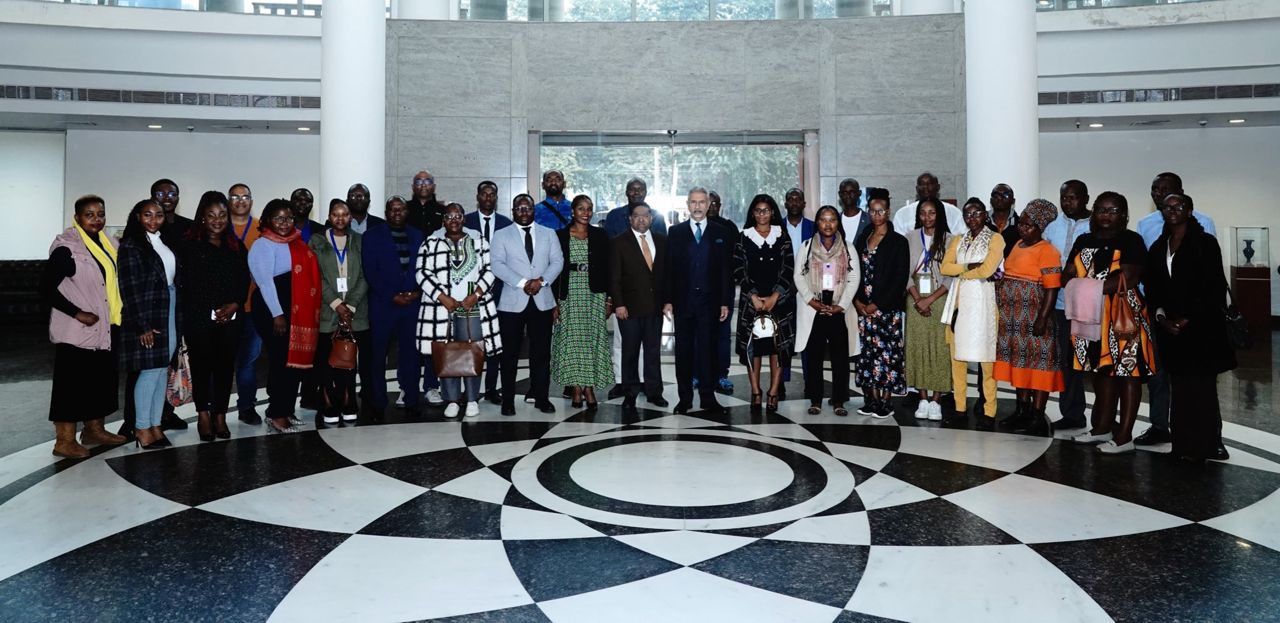PARIS – Nicolas Sarkozy defeated Socialist Segolene Royal by bluntly telling the French some of the things they fear most: that they need to work longer hours and enjoy fewer job protections – but also promising to shield them from globalisation’s most cut-throat distortions.
By successfully selling a formula for change, the 52-year-old son of a Hungarian immigrant who admires the United States now has the best opportunity in a decade to undertake serious reform in a country that is fast falling behind fellow European powers Germany and Britain. Yet Sarkozy – France’s first president to be born after World War II – will find it difficult to turn France around.Despite his message of political renewal, he has been an integral part of the very political machine that has been blamed for France’s current malaise.And as finance minister under outgoing President Jacques Chirac, he showed a protectionist streak, advocating for national champions of industry and blocking foreign takeovers.The public, too, may balk if he rushes into a political programme that promises to take on some of France’s most sacred cows: the 35-hour work week, powerful unions that stage paralysing strikes at the first whiff of reform, a social safety net that has eroded French competitiveness.His pledge to pursue closer ties with the United States could also cost him support early in his tenure.For Sarkozy’s campaign slogan, “together, everything becomes possible,” to stand a chance of approaching reality, he must convince the French that he is indeed a uniter and not a divider – not easy for a politician criticised for an abrasive style and naked ambition.Delivering his victory speech, Sarkozy reached out to his opponents, saying he would be the president “of all of the French”.At a more practical level, the French right he leads must retain its majority in parliament in nationwide elections in June, and it is not impossible that a contrarian French electorate finely balanced between its yearning for change and fear of it could tilt toward the Left.In all legislative elections since 1981, voters have invariably ousted the governing majority, left or right.Sarkozy’s Union for a Popular Movement needs to buck that trend if France is to avoid the crippling scenario of a conservative president cohabiting with a leftist parliament.Sarkozy needs to subdue France’s unions, too.France is littered with the ruined careers of politicians who pushed too far, too fast, against workers deeply attached to France’s generous social protections and labour laws that make firing difficult.Even though just eight per cent of France’s work force is unionised – compared with 13 per cent in the US – unions are powerful in public services, transport and other areas that make the Euro-zone’s second largest economy tick.Strikes may be inevitable.International issues – Sarkozy will attend his first Group of Eight summit and first European summit in June – will also quickly compete with France’s pressing problems for his attention.The learning curve promises to be steep.Iran will be a foremost challenge.Within days of Sarkozy’s inauguration – he is expected to take power May 16 – the international community could ratchet up sanctions against the regime in Tehran if it continues to refuse to suspend its nuclear programme.Sarkozy can be expected to go along; he has described Iranian leaders as “extremely dangerous”.As a former minister for the interior and, in 2004, for finance, Sarkozy has experience of working with governments in Europe and Africa to combat illegal immigration and terrorism.He represented France at the International Monetary Fund and irritated Berlin by protecting French engineering giant Alstom SA from the advances of Germany rival Siemens AG.But how Sarkozy would cope in a major international crisis is unknown.Foreign affairs are a major part of the French president’s job, but got scant attention in the campaign.”He’s never done any serious, hands-on broad spectrum diplomacy,” noted Francois Heisbourg, a leading French foreign and strategic affairs expert.Sarkozy wants a Europe that is a veritable player on the world stage, with coherent policies to guarantee its energy supplies, to regulate immigration from Africa, and create buffers against globalisation while harnessing its energies.He also is vehemently against allowing Turkey into the European Union and promises to be a tough customer in global trade talks.Ultimately, Sarkozy could make his greatest impact abroad, or at least in Europe, by setting France on its feet again.Only Poland and Slovakia have worse unemployment rates than France.Its economic growth rate is one of Europe’s slowest – only Italy and Portugal did worse last year than France’s 2,1 per cent.Reforming France and solving such problems, notes Heisbourg, “will have a lot more influence than any amount of foreign policy gesturing”.Nampa-APYet Sarkozy – France’s first president to be born after World War II – will find it difficult to turn France around.Despite his message of political renewal, he has been an integral part of the very political machine that has been blamed for France’s current malaise.And as finance minister under outgoing President Jacques Chirac, he showed a protectionist streak, advocating for national champions of industry and blocking foreign takeovers.The public, too, may balk if he rushes into a political programme that promises to take on some of France’s most sacred cows: the 35-hour work week, powerful unions that stage paralysing strikes at the first whiff of reform, a social safety net that has eroded French competitiveness.His pledge to pursue closer ties with the United States could also cost him support early in his tenure.For Sarkozy’s campaign slogan, “together, everything becomes possible,” to stand a chance of approaching reality, he must convince the French that he is indeed a uniter and not a divider – not easy for a politician criticised for an abrasive style and naked ambition.Delivering his victory speech, Sarkozy reached out to his opponents, saying he would be the president “of all of the French”.At a more practical level, the French right he leads must retain its majority in parliament in nationwide elections in June, and it is not impossible that a contrarian French electorate finely balanced between its yearning for change and fear of it could tilt toward the Left.In all legislative elections since 1981, voters have invariably ousted the governing majority, left or right.Sarkozy’s Union for a Popular Movement needs to buck that trend if France is to avoid the crippling scenario of a conservative president cohabiting with a leftist parliament.Sarkozy needs to subdue France’s unions, too.France is littered with the ruined careers of politicians who pushed too far, too fast, against workers deeply attached to France’s generous social protections and labour laws that make firing difficult.Even though just eight per cent of France’s work force is unionised – compared with 13 per cent in the US – unions are powerful in public services, transport and other areas that make the Euro-zone’s second largest economy tick.Strikes may be inevitable.International issues – Sarkozy will attend his first Group of Eight summit and first European summit in June – will also quickly compete with France’s pressing problems for his attention.The learning curve promises to be steep.Iran will be a foremost challenge.Within days of Sarkozy’s inauguration – he is expected to take power May 16 – the international community could ratchet up sanctions against the regime in Tehran if it continues to refuse to suspend its nuclear programme.Sarkozy can be expected to go along; he has described Iranian leaders as “extremely dangerous”.As a former minister for the interior and, in 2004, for finance, Sarkozy has experience of working with governments in Europe and Africa to combat illegal immigration and terrorism.He represented France at the International Monetary Fund and irritated Berlin by protecting French engineering giant Alstom SA from the advances of Germany rival Siemens AG.But how Sarkozy would cope
in a major international crisis is unknown.Foreign affairs are a major part of the French president’s job, but got scant attention in the campaign.”He’s never done any serious, hands-on broad spectrum diplomacy,” noted Francois Heisbourg, a leading French foreign and strategic affairs expert.Sarkozy wants a Europe that is a veritable player on the world stage, with coherent policies to guarantee its energy supplies, to regulate immigration from Africa, and create buffers against globalisation while harnessing its energies.He also is vehemently against allowing Turkey into the European Union and promises to be a tough customer in global trade talks.Ultimately, Sarkozy could make his greatest impact abroad, or at least in Europe, by setting France on its feet again.Only Poland and Slovakia have worse unemployment rates than France.Its economic growth rate is one of Europe’s slowest – only Italy and Portugal did worse last year than France’s 2,1 per cent.Reforming France and solving such problems, notes Heisbourg, “will have a lot more influence than any amount of foreign policy gesturing”.Nampa-AP
Stay informed with The Namibian – your source for credible journalism. Get in-depth reporting and opinions for
only N$85 a month. Invest in journalism, invest in democracy –
Subscribe Now!







